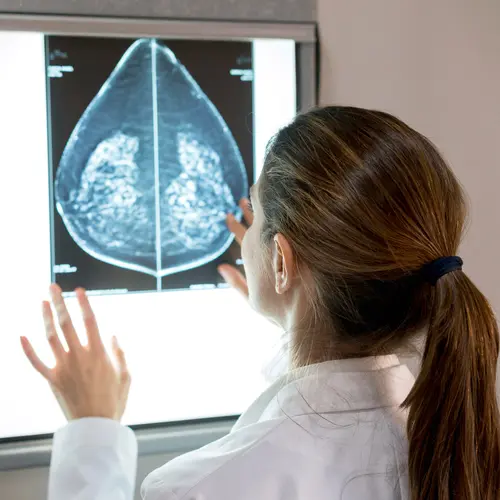At the 2008 summer Olympics in Beijing, Dara Torres, 41, became the oldestswimmer to ever make the U.S. team. But she didn’t just make the team -- shecame home with three silver medals. Five months later, WebMD Magazine caught upwith Torres to talk about her new book and her life since making her bigsplash.
Last summer, you proved to the world that Age Is Just a Number—thetitle of your new book, coming out in April. Does this mean you’ll be aimingfor a spot on the Olympic team in London in 2012?
I’ve learned after all these years to never say “never.” But at my age youhave to take everything day by day. You have to listen to your body…[Currently] I’m training for Nationals, and will hopefully make the WorldChampionship team [in 2009].
At 33, you were also the oldest member of the U.S. swim team in Sydney in2000. Did you ever dream you would be able to compete 8 years later?
No. It wasn’t even a thought. I remember walking out of the arena in Sydneyand a reporter said, “are you going to do that [again]?,” and I just thoughtthat was a stupid question. So no, that never crossed my mind.
Health-wise, what’s the most difficult part of competing at yourage?
Recovery, probably, and the pounding on your joints and muscles.
You have a daughter, Tessa, who will be 3 in April. How is your bodydifferent after having a child?
The first thing I noticed was that I was more flexible. Everything loosensup in your body. I assumed my hips would get wide, but I’m probably narrower inthe hips now. I’m not sure why.
What do you do on your day off?
Nothing. In the past I would go for a bike ride. One of my days off isSunday, so I spend the day with my daughter. It’s all about catching up: payingbills, going to the bank, running errands.
What is your worst health habit?
Sugar. I love anything with sugar in it, whether it’s dessert, candy, orchocolate.
How important is nutrition in your training?
Very important. I don’t deprive myself of certain foods. I’ll have a bite ofsomething. But I’ve hired someone to cook so that I’ll know that I’m eatingproperly. At my age it’s about recovery, and eating well helps you recoverfaster.
Why did you feel the need to volunteer for enhanced drug screening,offering up DNA, hair and blood in addition to the standard urinetests?
Because there were athletes who came before me who would look the media inthe eye and lie. And I can tell people until I’m blue in the face and theywon’t believe me. Nowadays, you’re guilty until proven innocent, and I wantedto prove that I wasn’t doing drugs, and that I could do this the right way.
What’s your response to those who have accused you of usingperformance-enhancing drugs? Do you find the accusations age-ist?
It’s very sad that when you do everything that you can to prove that you’reclean that people are still making accusations. There’s nothing you can do. Itake it as a compliment, and that they must think I’m really fast to be doingwhat I’m doing.
Your father passed away from colon cancer. What did you learn from theexperience, and what advice would you pass on to those with family membersbattling the disease?
If that type of cancer runs in your family, make sure you can get screenedearly. It’s for your own health to do it.
Mentally, how do you prepare for a race?
I feel like all my preparation is physical. I just try to go out there andhave fun. You should just go out there and do it.
What do you do for relaxation?
I don’t really relax. I like going to movies and hanging out with friends.My daughter has a lot of energy, so in the morning when we wake up I’ll watchTV with her, or before she goes to bed.
Of the five senses, which do you value most and why?
Sight, because it’s such a beautiful place we live in. I would never want totake being able to see for granted.
What disease or condition would you most like to see eradicated in yourlifetime, and why?
Cancer, because I’ve had family members and friends affected by it, andthat’s what hits home the most.
If you weren’t a professional athlete, what other goal would you havepursued professionally?
Something in the field of helping people. I’m not sure what.
How do you get yourself to work out when you don’t feel like it?
I just think about my goals. It’s a matter of getting over the first hump ofnot wanting to go. But it’s never failed. Once I’m there I’m always glad Iwent.

